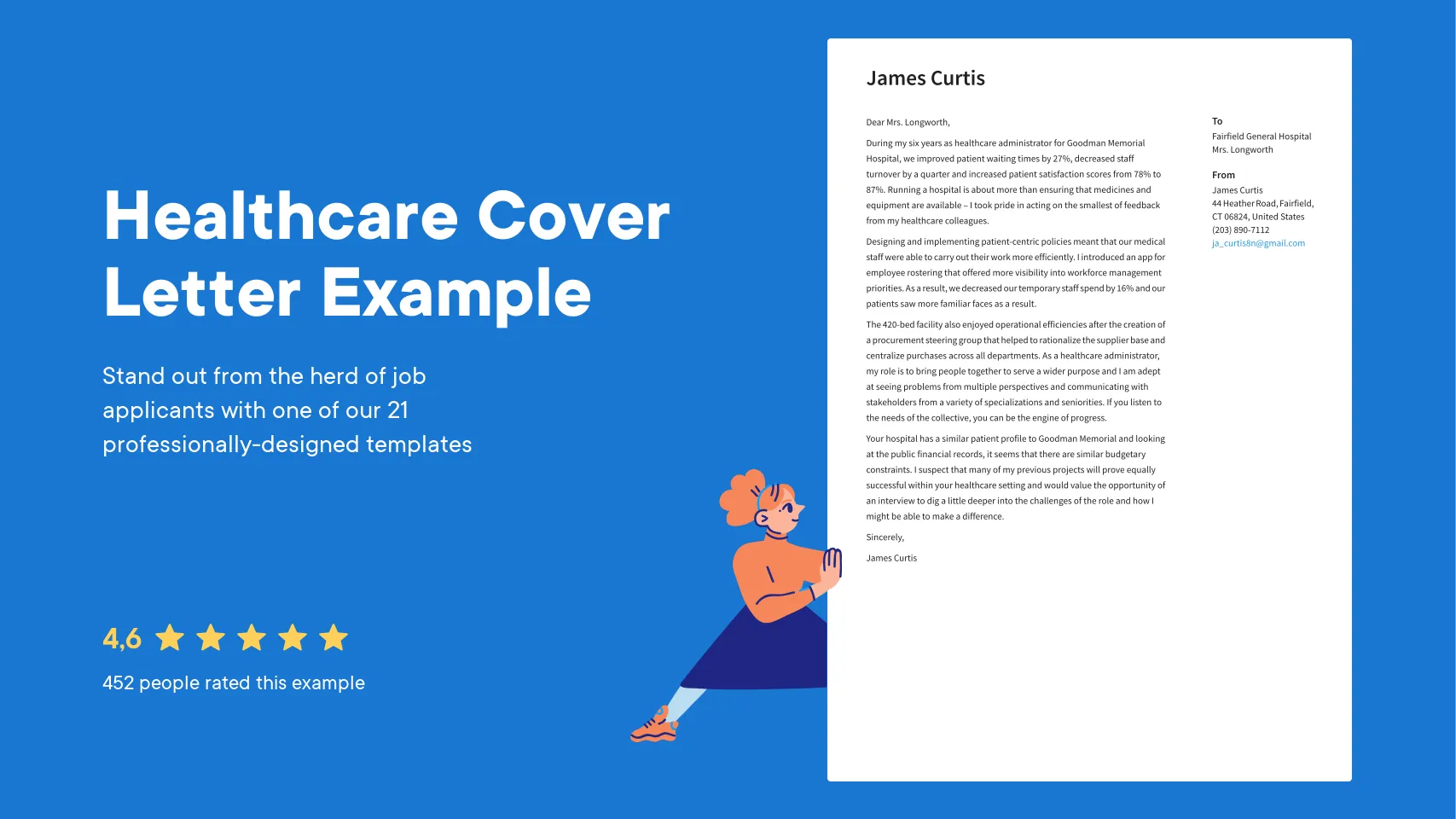Why You Need a Healthcare Cover Letter
In the competitive field of healthcare, a cover letter is more than just a formality; it’s your first chance to make a lasting impression. It provides you with the opportunity to showcase your personality, enthusiasm, and unique qualifications, which might not be fully apparent from your resume alone. A well-crafted cover letter can significantly boost your chances of landing an interview by demonstrating your genuine interest in the specific role and the healthcare organization. Recruiters often use cover letters to assess a candidate’s communication skills, attention to detail, and overall suitability for the position. A strong cover letter, tailored to the specific job, highlights your achievements and experience. It bridges the gap between your qualifications and the employer’s needs, setting the stage for a successful application.
Understanding the Importance of a Cover Letter
The importance of a cover letter extends beyond simply introducing yourself. It’s a critical tool for personalization, allowing you to address the hiring manager directly and demonstrate your knowledge of the organization’s values and mission. This level of personalization sets you apart from generic applications and shows that you’ve invested time and effort in the application process. Cover letters also serve as a narrative that explains your career trajectory, linking your past experiences to the requirements of the job. It allows you to elaborate on your resume entries, providing context and depth to your qualifications. Moreover, a well-written cover letter can fill in any gaps in your resume, providing a comprehensive picture of your skills, experience, and career aspirations. This ensures that the hiring manager understands your value proposition and why you’re the perfect fit for the role.
Benefits of a Well-Written Cover Letter
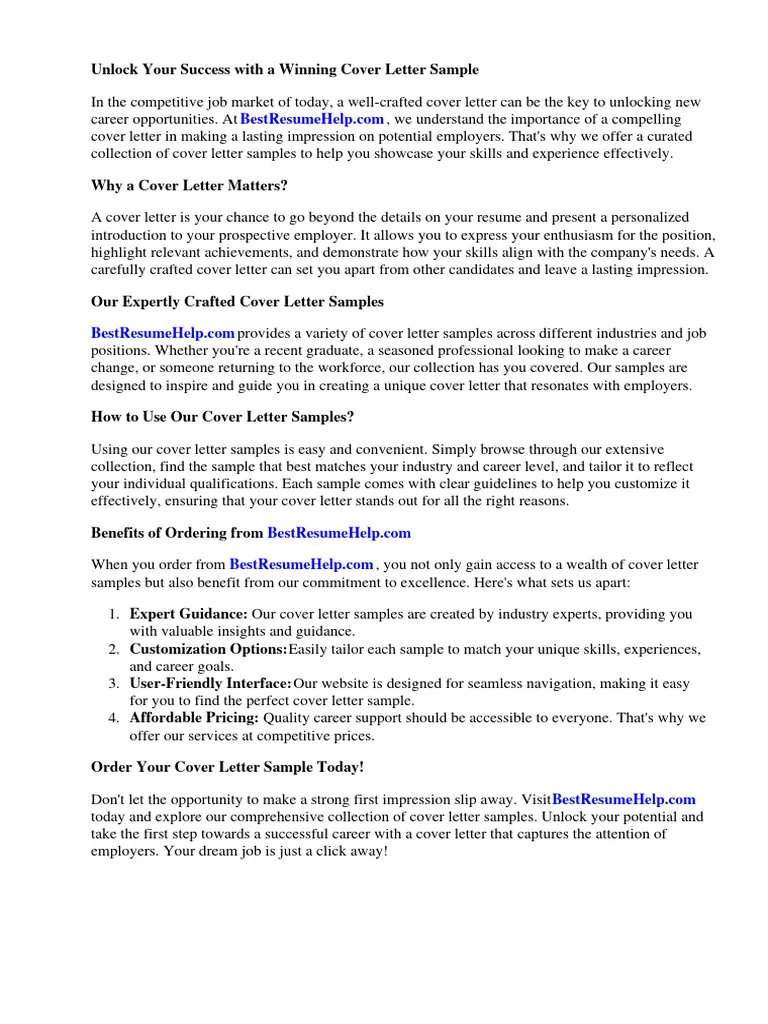
A well-written healthcare cover letter offers several key benefits. Firstly, it grabs the hiring manager’s attention by presenting a compelling narrative that showcases your unique selling points. It provides an opportunity to highlight your soft skills, such as empathy, communication, and teamwork, which are crucial in the healthcare industry. Secondly, it enables you to articulate your career goals and how they align with the organization’s objectives. This shows the hiring manager that you have a clear vision for your future and are committed to contributing to the team’s success. Additionally, a strong cover letter allows you to address any potential concerns or gaps in your application, such as career changes or breaks in employment. It positions you as a proactive candidate who anticipates potential questions and provides clear, concise answers, increasing your chances of getting an interview.
Key Components of a Winning Healthcare Cover Letter
A winning healthcare cover letter should include several essential components to maximize its impact. This section will cover the crucial elements from contact information to the closing remarks. It needs to be professional, personalized, and tailored to the specific job you are applying for. Each component should work together to create a cohesive and compelling narrative that showcases your qualifications and enthusiasm for the role. By adhering to these key components, you will enhance your chances of impressing the hiring manager and securing an interview. This comprehensive approach ensures that you present yourself in the best possible light, highlighting both your professional skills and your dedication to the healthcare profession.
Your Contact Information and Date
Start your cover letter with your full name, address, phone number, and professional email address at the top. Ensure the information is accurate and up-to-date. Include the date below your contact information. Using a professional email address is vital; avoid casual or informal email addresses. The date helps the employer track when you sent your application. This section provides the hiring manager with immediate access to your contact details should they wish to reach out. Properly formatted contact information and the date demonstrate your attention to detail and professionalism, important qualities in the healthcare field. Always double-check the information to avoid any errors that could delay communication.
Addressing the Hiring Manager
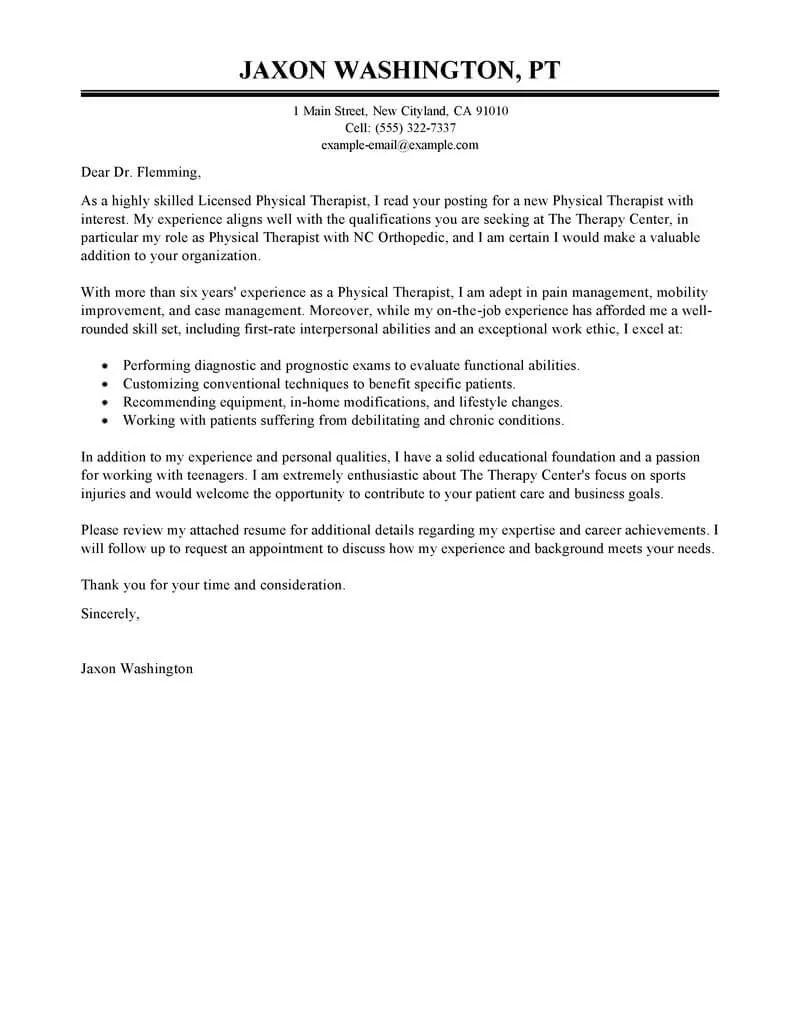
Address the hiring manager by name whenever possible. Research the company and the job posting to identify the hiring manager’s name and title. Using their name shows that you’ve taken the time to research the organization and are genuinely interested in the position. If the hiring manager’s name isn’t available, use a general greeting such as “Dear Hiring Committee” or “Dear [Department Name] Hiring Team”. Avoid generic greetings like “To Whom It May Concern.” Addressing the hiring manager by name creates a personal connection and makes your cover letter more engaging. It shows that you are attentive and dedicated to your application, which sets a positive tone for the rest of your letter. This small detail can make a significant difference in how your application is perceived.
Crafting a Compelling Opening Paragraph
Your opening paragraph is the first impression, so make it count. State the position you are applying for and how you found the job. Briefly mention why you are interested in the role and the organization. Show enthusiasm and clearly state your intention to apply. A strong opening paragraph should grab the reader’s attention and entice them to read the rest of your letter. Highlight a key achievement or skill that aligns with the job requirements to capture their interest immediately. It should establish your purpose and enthusiasm for the position, setting the stage for the rest of your application. Keep it concise, focused, and tailored to the specific job, demonstrating your genuine interest and qualifications.
Highlighting Your Skills and Experience
The body of your cover letter should highlight your relevant skills and experience. Mention specific skills and experiences from your resume that match the job description. Use action verbs to describe your accomplishments and responsibilities. Focus on what you can bring to the organization and how you can contribute to their success. Provide specific examples of your accomplishments and how your skills have benefited previous employers. Quantify your achievements whenever possible, using numbers to demonstrate your impact. Tailor this section to align with the job requirements, emphasizing the most relevant experiences and skills. Show the employer what you have to offer and how you can meet their needs effectively.
Tailoring Your Letter to the Job Description
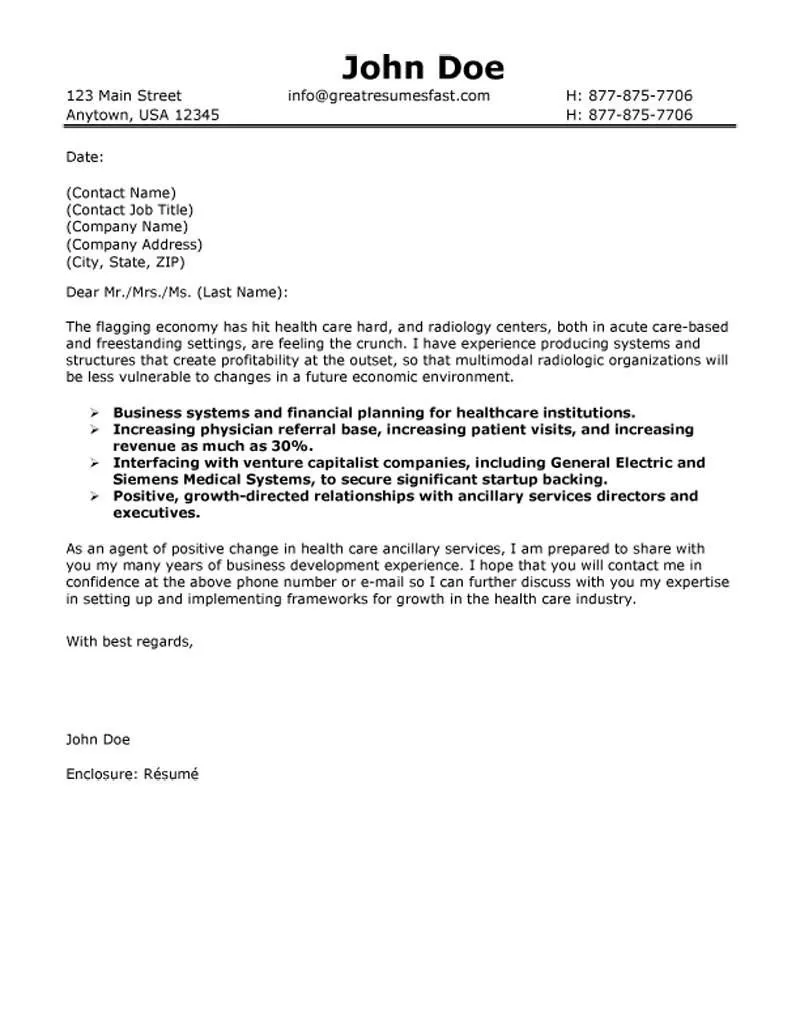
Customizing your cover letter to each job application is crucial. Carefully review the job description and identify the key skills and qualifications the employer is seeking. Use the job description’s language to describe your skills and experience. Tailor your letter to specifically address the job requirements, highlighting the most relevant aspects of your background. Avoid using a generic cover letter; personalize each application to show that you understand the job’s needs and are a good fit. Show that you have taken the time to understand the role and the organization. Demonstrate your ability to meet the job’s requirements and align your skills with the company’s expectations.
Quantifying Your Achievements
Use numbers and data to demonstrate your achievements. Whenever possible, quantify your accomplishments to show the impact you have made in previous roles. For instance, instead of saying “Improved patient satisfaction,” say “Increased patient satisfaction scores by 15% through improved communication.” Provide specific examples of how you have contributed to positive outcomes. This makes your claims more credible and shows the hiring manager the value you can bring. Quantifying your achievements provides concrete evidence of your skills and experience, helping you stand out from other applicants. Use data to back up your claims and make your accomplishments more persuasive, providing a clear picture of your impact.
Demonstrating Your Passion for Healthcare
Show your passion for healthcare by discussing why you’re drawn to the profession and the specific area you’re interested in. Mention your understanding of healthcare challenges and your commitment to patient care. Explain your values and how they align with the organization’s mission. Highlight experiences that demonstrate your compassion, empathy, and dedication to providing high-quality care. Showcase your commitment to continuous learning and professional development. Your passion for healthcare should be evident throughout your cover letter, from the opening paragraph to the closing statement. Show that you care about patient well-being and are motivated to make a difference.
Showcasing Your Relevant Experience
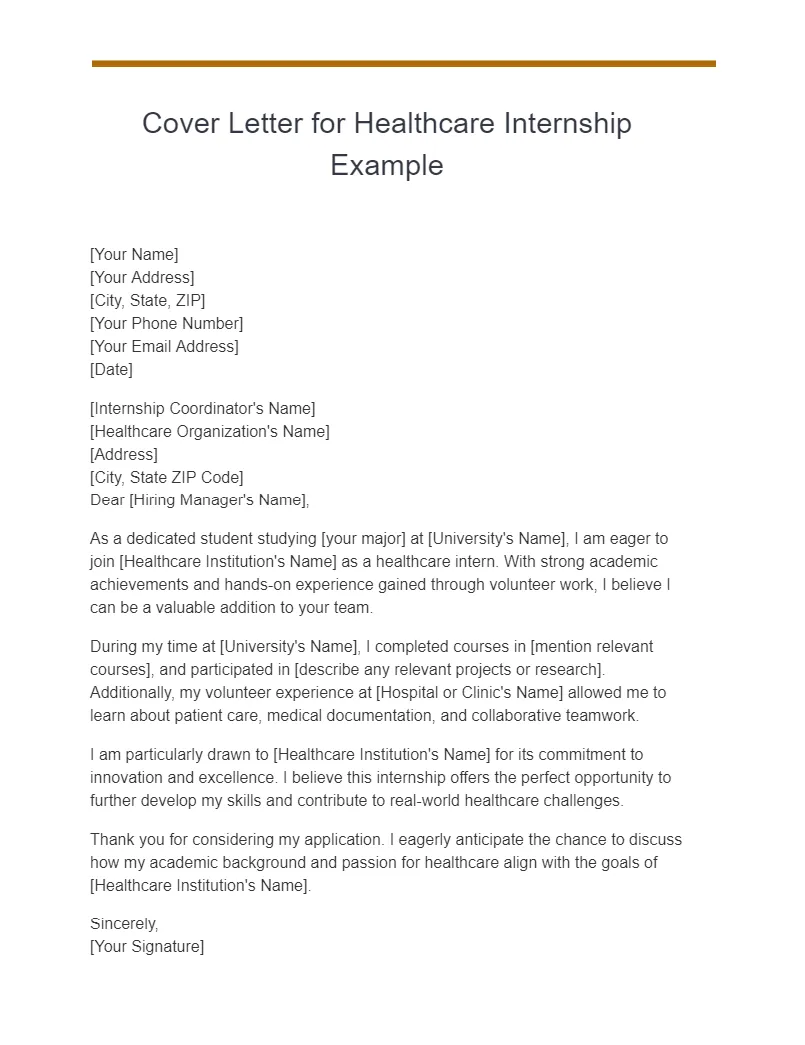
Highlight your relevant experience by providing detailed examples of your previous roles and responsibilities. Describe specific tasks and projects that align with the job requirements. Explain how you have used your skills to achieve positive outcomes. Include any certifications, licenses, or special training that are relevant to the position. Mention any awards or recognitions you’ve received. Showcase your experience by demonstrating your ability to perform the required tasks. Your experience should be presented in a way that demonstrates your preparedness for the new role. Provide enough context to show the value and relevance of your past experiences to the new job.
Writing a Strong Closing Paragraph
End your cover letter with a strong closing paragraph. Reiterate your interest in the position and your enthusiasm for the opportunity. Summarize your key qualifications and why you are a good fit for the role. State your availability for an interview and how the hiring manager can contact you. Thank the hiring manager for their time and consideration. The closing paragraph should leave a lasting positive impression. It should reiterate your key qualifications, express your excitement, and make it easy for the hiring manager to take the next step. Ensure your closing is professional and reflects your genuine interest in the position. This paragraph should confirm your availability and express gratitude.
Expressing Gratitude and Call to Action
Express your gratitude to the hiring manager for their time and consideration. Include a clear call to action, such as stating that you look forward to the opportunity to discuss your qualifications further. Provide your contact information again, reinforcing your availability for an interview. Ensure your tone is professional and enthusiastic. Expressing gratitude and including a call to action is a crucial part of the closing. This shows appreciation for their time and makes it easy for them to move forward. The call to action reinforces your eagerness for the opportunity.
Formatting and Proofreading Your Cover Letter
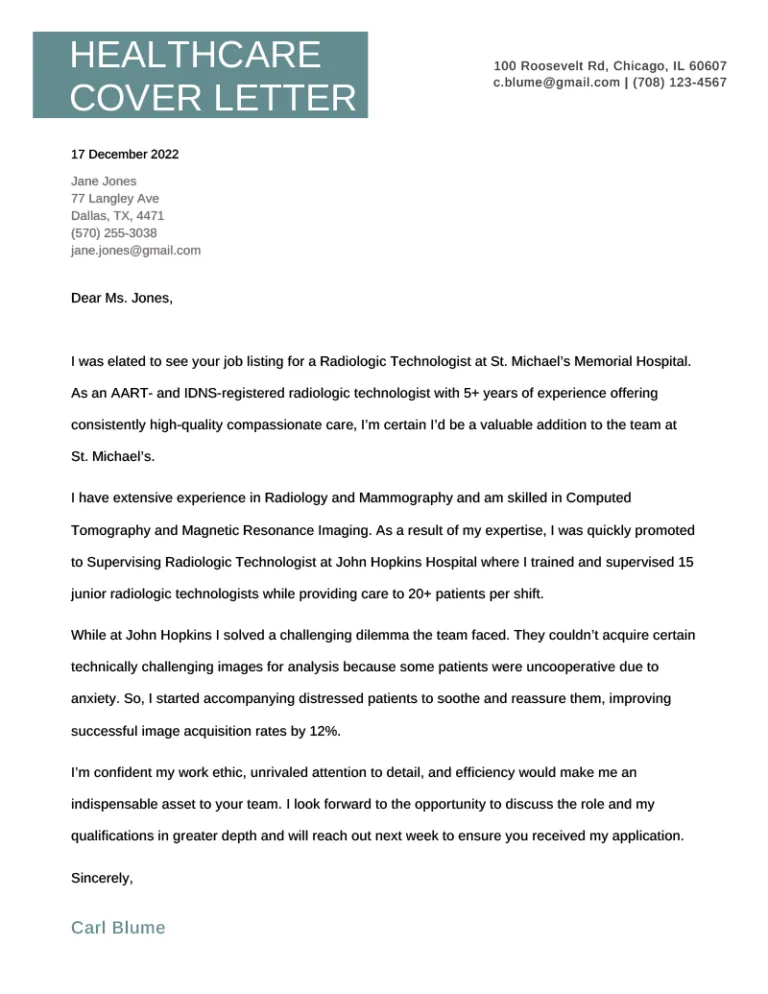
Formatting and proofreading are essential to ensure your cover letter is professional and error-free. Use a clear and easy-to-read font, such as Times New Roman or Arial, in a standard size (11 or 12 points). Use single spacing and left alignment, with a consistent margin of one inch. Keep your cover letter concise, ideally no more than one page. Proofread carefully for grammar, spelling, and punctuation errors. Consider having someone else review your cover letter for any mistakes you might have missed. A well-formatted and error-free cover letter demonstrates attention to detail and professionalism, significantly enhancing your chances of making a positive impression.
Formatting Tips for Readability
Enhance the readability of your cover letter by using clear and concise language. Use bullet points to list skills and accomplishments, making them easier to scan. Break up large blocks of text with short paragraphs. Use headings and subheadings to organize your content. The goal is to make your cover letter easy to read and understand, allowing the hiring manager to quickly grasp your qualifications. Use a professional font and appropriate spacing. The easier your letter is to read, the more likely it is to be thoroughly reviewed. Focus on clarity and ensure that your information is easily digestible for the reader.
Proofreading for Errors
Thoroughly proofread your cover letter for any grammar, spelling, and punctuation errors. These errors can create a negative impression and undermine your credibility. Use spell-check and grammar-check tools, but also read the letter carefully yourself. Have a friend, family member, or career advisor review it for any mistakes. Pay close attention to the details, as even small errors can detract from your application. Proofreading is a vital step in the application process. Double-check everything to ensure it is perfect and that your cover letter conveys your skills and qualifications effectively.
